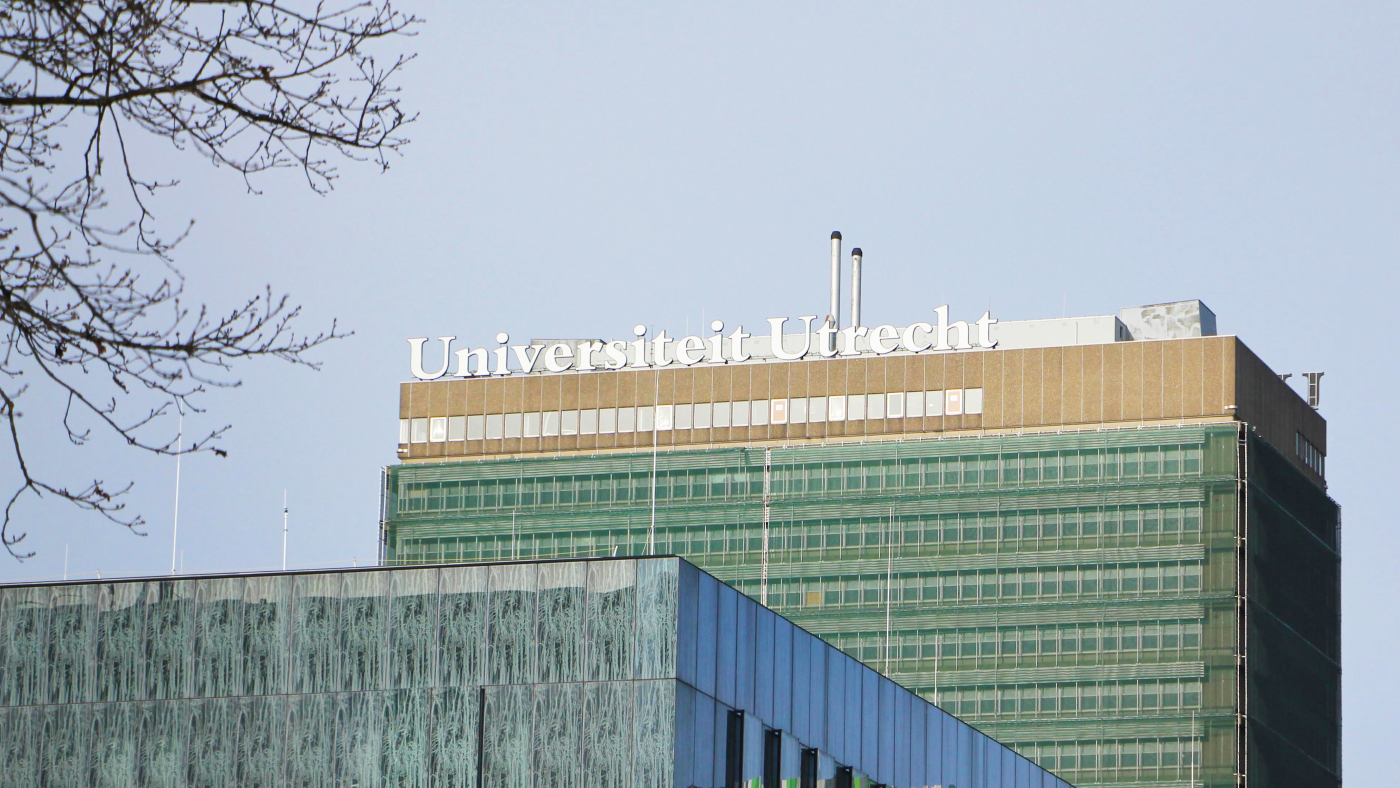Alongside other Dutch universities
Utrecht University blacklisted by Florida pension fund

Last weekend, news broke in Belgium that their universities had been blacklisted by a pension fund in Florida. Dutch universities are also on the list.
Who compiled this list?
The list is compiled by the State Board of Administration (SBA), a pension fund of the state of Florida. Its board includes the governor, the chief prosecutor and the chief financial officer (a kind of finance minister).
What kind of blacklist is this?
The list includes institutions and companies that the pension fund does not want to work with because they “boycott” Israel. They started including academic boycotts this year.
Which Dutch institutions are on it?
The universities of Eindhoven, Rotterdam, Nijmegen, Delft, Utrecht, Tilburg and the University of Amsterdam are all on it, as are the Rietveld Academy and the Royal Netherlands Academy of Arts and Sciences (KNAW).
Who else is there?
Companies such as Unilever and the governments of Scotland, Qatar, and Kuwait, among others, are on the list. A significant number of universities from various countries are also new to the list.
What are the immediate consequences of being on such a blacklist?
Not much. As far as we know, this pension fund (which manages around 200 billion dollars) does not invest specifically in Dutch higher education, but it may invest in companies that collaborate with Dutch universities. In that case, the policy could have a knock-on effect.
Does this have anything to do with American politics?
Florida is a Republican state, and Republicans in the United States have launched an attack on education and science. Blacklisting universities makes sense in this context. Perhaps this blacklist is only the beginning.
What else could happen?
The Dutch magazine Computable paints a bleak picture, saying that research in the fields of chips, quantum computers, photonics and artificial intelligence could be at risk. If other American states also adopt such lists, Microsoft and Google might soon no longer be able to provide services to higher education institutions in the Netherlands.
Does this mean that it's better for Dutch universities not to take a stand against Israeli universities?
One could argue that boycotts do not help the academic community, as academia benefits from international cooperation. However, all universities in Gaza have been bombed flat, making cooperation impossible, and more and more experts have been accusing Israel of genocide. That is why the Royal Netherlands Academy of Arts and Sciences (KNAW) recently took a stand on the matter.
Some Dutch universities are not on the list.
If the compilers start looking thoroughly, it is likely that more Dutch universities will be added to the list. Groningen University has just put a research project on hold because an Israeli professor who also served as a reservist in Gaza participated in it, for instance.
Of all universities of applied sciences, only the Rietveld Academy has been included.
Partnerships with Israel are less common at the university of applied sciences level, but the Rotterdam University of Applied Sciences has temporarily suspended student exchanges and the Royal Academy of Art, in The Hague, has severed ties with an Israeli art academy.
Comments
We appreciate relevant and respectful responses. Responding to DUB can be done by logging into the site. You can do so by creating a DUB account or by using your Solis ID. Comments that do not comply with our game rules will be deleted. Please read our response policy before responding.